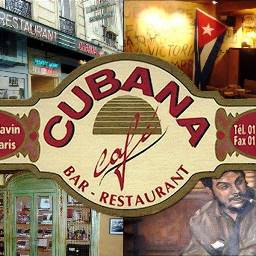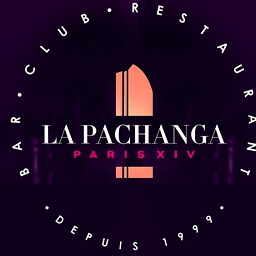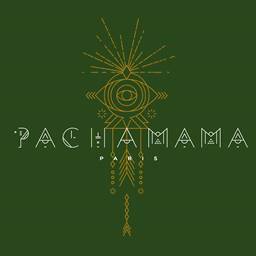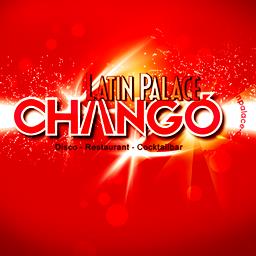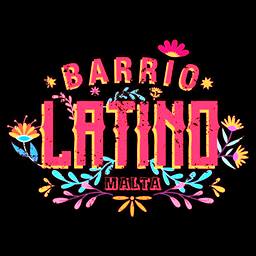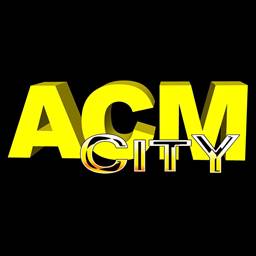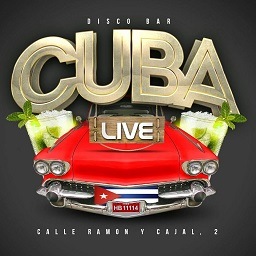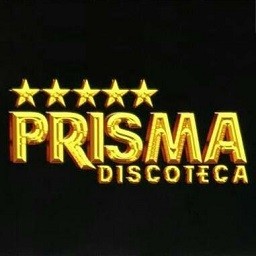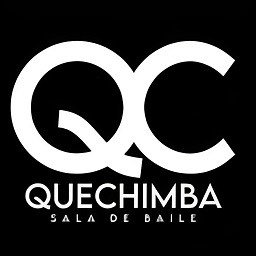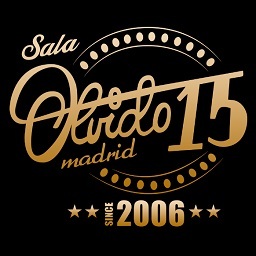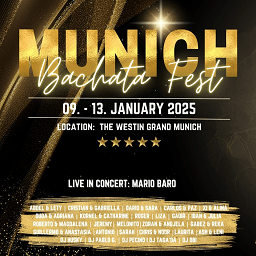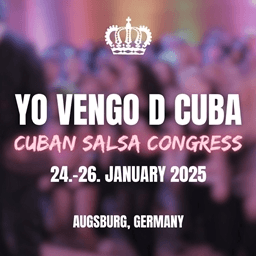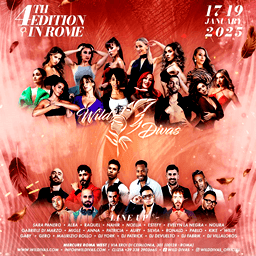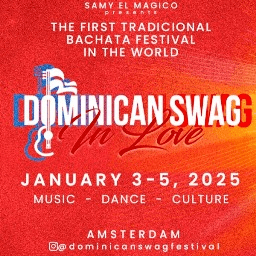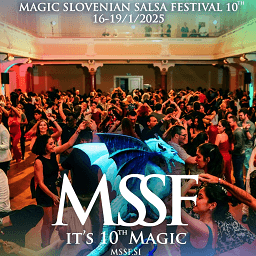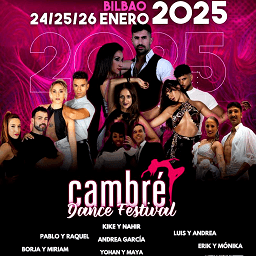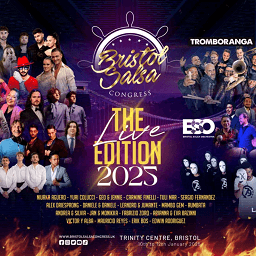Search Results for: Salsa
Latin America / January 2025
Enrique “Culebra” Iriarte, master of the piano and musical composition
Eusebio Enrique Iriarte, “Culebra Iriarte, was born on January 24, 1947 in Maiquetía, in the Republic of Venezuela.

In his childhood, Enrique Iriarte was already taking his first steps in the musical world with his father, who played several instruments.
His name was born in the Sonora Caracas thanks to the vocalist Johnny Perez when he discovered the thinness.
After his incursion in this world, with the inherited talent and the permanent updating and musical practice, has allowed him to treasure a long trajectory full of experiences next to orchestras such as La Sonora Caracas, Federico y su Combo Latino, El Sexteto Juventud, Don Filemón, in the beginnings of La Dimensión Latina for 10 months.
He also accompanied Oscar D’León on piano, for whom he also arranged his songs, among which are: “Mata Siguaraya”, “El Manicero”, “Siéntate Ahí”, “Mi Bajo y Yo”, “Mis Hijos”, “Juanita Morei”, “María”, “Ven Morena”, among many others.
In 1981 he recorded his first long-playing record, standing out with the song “La Ola Marina”, a piece that reached the first place in the music scene. It is worth mentioning that this album earned him a platinum record.
With more than six decades of artistic career, this Venezuelan virtuoso has left an indelible mark on salsa, collaborating with great artists such as Oscar D’León. During his career, the experience gained in iconic groups such as: La Dimensión Latina, Sonora Caracas, Federico y su Combo Latino, among others.
Currently, he continues to perform with his Sonora and has already become an internationally recognized musician.
Enrrique “CulebraIriarte Icon of Salsa is declared Illustrious Son of La Guaira and Cultural Heritage of Venezuela.
“Mr. Felo Bacallao Founder of the Aragon Orchestra, we are very proud to have as Cultural Heritage this distinguished MUSICIAN Maestro Enrique Culebra Iriarte”.
Reconocen trayectoria de “Culebra” Iriarte
September 28, 2019
The outstanding Guairean musician and arranger Enrique “Culebra” Iriarte was honored for his career, being considered one of the best salsa pianist, in an event held in the auditorium of the Bolivar Chavez Square.
Iriarte has stood out as a member of orchestras such as La Sonora Caracas, Federico y su Combo Latino, Sexteto Juventud and Don Filemón.
He was one of the founders of Dimensión Latina, the group that paid tribute to him yesterday and with whom he shared in some of the interpretations made by Rodrigo Mendoza, José and Edie Pacheco.
Culebra accompanied Oscar de Leon for many years as arranger of many of his songs.
The Mayor’s Office of Vargas presented him with the Armando Reverón order, within the framework of the municipal program “Forjadores y Forjadoras de Identidad Guaireña”, which seeks to exalt the work of men and women from Guaire.

“This is an emotional act with the presence of many musicians of the region, friends and relatives of Iriarte, to exalt the legacy that for years has given us this extraordinary musician. This is the twelfth award to people who have marked the local history”, said Alexis Rumbo, secretary of municipal government.
Percussionist Augusto Felibertt relates: exactly from 1997 to 1999 I was in the ranks of Maestro Enrrique ¨Culebra¨ Iriarte and his Sonora playing the Tumbadoras, at that time the founding members were:
Enrrique ¨Culebra¨ Iriarte: Pianist, Musical Director and Arranger, Eli: Bassist.
Juan Pablo Barrios: Timbalito, Campana and Bongo, Larry Machado: Singer, Perla Tabata: Singer, then Maritza De Quisquella, Cesar Pinto: 1st Trumpet, Yenny: 2nd, 3rd Trumpet a special guest, substitute percussionists: Yomar Mendez (Caballo) and Heyzer Cabrera.
Tremendous experience lived with all these musicians. Fabulous.
Note: The rehearsal studio at No 41 in Caño Amarillo-Caracas.

Cheo Navarro, Naty and El Maestro Enrique “Culebra” Iriarte Respected Masters and indisputable referents of the sound of Salsa and its history in Venezuela!!!!!
It has been for me immensely pleasing to share and receive with them this valuable recognition from SALSA SUPERIOR INTRNACIONAL!
Enrrique “Culebra” Iriarte, Alfredo “Guajeo” Naranjo, Dj. Augusto Felibertt, Elio Pacheco, Cheo “Bailatino” Navarro and Joseito Rodriguez 2nd Edition of the International Award 2022 by Richard Roman Director and Founder of Salsa Superior Miami.

Also Read: Eddie Palmieri brought salsa for the first time and live from Sing Sing Penitentiary in New York
North America / January 2025
Milonga’s contribution to Latin music in general
There are many Latin genres that have managed to find a place in the USA music scene thanks to the constancy of many of its great exponents, salsa being the genre we talk about the most. However, today we want to change the subject a little bit and analyze what is milonga and how popular it has become in recent years.

Definition of milonga
The milonga can be defined as a folkloric musical genre coming from the Rio de la Plata region, which is usually performed with a guitar accompaniment in 6/8 time. Usually, it is divided in two modalities that are the milonga campera (the genre in its purest form) and the city milonga (style subsequent to the milonga campera).
Etymology of ”milonga’’
Although the musical genre is known for being originally from Argentina, Uruguay and certain parts of Brazil, ”milonga” means ”word” in the Quimbundu language (a language of Angolan origin that corresponds in several expressions with Portuguese). It is important to mention that this is the language used by some tribes from Angola, which was a colony of Portugal, and that many of the slave population of those lands was transported to Brazil, Uruguay and Argentina.
According to information received from some scholars, after the defeat suffered by the Argentine founding father Juan Manuel de Rosas in Caseros at the hands of Entre Rios Governor Justo José de Urquiza, the Brazilian soldiers caught the porteños off guard while singing guajiras in mockery, at the same time that the porteños sang milongas.
In the ears of Brazilians, these songs sounded like gibberish they could not understand. In the end, as a result, the term had such an impact that locals began referring to their own creolized guajiras as milongas.

A little history of milonga
Milonga is known for its joy, speed and sensuality at the time of being performed by its dancers. Its binary rhythm is of great simplicity, so it is in stark contrast to the four beats of the guitar that gives the melody to the dance and is usually accompanied by lyrics occasionally.
It has always been closely related to paya and tango. In the case of paya, milonga used some of its elements specifically for the dance, while tango uses some details of the rhythm and the melody in milonga for its own dance. Today, the three genres are considered a very important part of the Rio de La Plata music scene and each of them has their own characteristics that distinguish one from another.
Milonga had much to do with the birth of tango, but at the same time, it evolved and maintained its independence. In fact, there is some sort of mix of the two called tango milonga that is almost extinct, although it is known that many musicians wanted to use it to give the rhythm of the tango more strength and sustainability.
As for the places where milonga could be danced, the genre used to be found in neighborhood clubs, dance halls, tearooms and boites. The music used was usually recorded, although the venue owners hired small bands occasionally to change the modality. The popularity of these groups was so great that several of their musicians managed to join highly recognized orchestras at the time.
Couples who went to milonga clubs to dance ballroom tango and outskirts tango. The first only consisted of beat and elegance, while the second had beat, elegance and figure. Among the most famous places to dance milonga that remain active to this today, we can mention El Barracas Central, Unidos en Pompeya, El Sunderland and many others.

Milonga at present
Today, milonga has become a genre of big importance for people eager to learn to dance things other than salsa, bachata or merengue. This genre offers them the opportunity to try something completely different thanks to which they can connect with others in ways they would not have imagined due to its peculiar rhythm and overflowing sensuality.
In addition to that, every day there are more and more events also called milongas, which consist of massive dances where couples show their best moves to the rhythm of various genres, such as milonga, tango, and vals criollo. In general, the scheduling of a milonga is divided into blocks of three, four or five dances that are separated by short pieces of light music. Apart from that, each block contains a sort of rhythm that is grouped by orchestra, singer or composer.
These events were very typical in Argentina, but have been gradually spreading throughout various parts of the world, including the United States. Nowadays, it is fairly common to find restaurants, night clubs and academies that offer this kind of entertainment to their attendees such as Alberto’s Night Club (San Francisco), The Tango Room (Los Angeles), Milonga La Paz Tango Club (San Francisco), Tango De Rey (San Diego), Tango La Nacional (New York), Fairmont Tango Club (Philadelphia), Dance Fire Studio (New York), and many more.
Read also: The best marimba band found in Los Angeles







